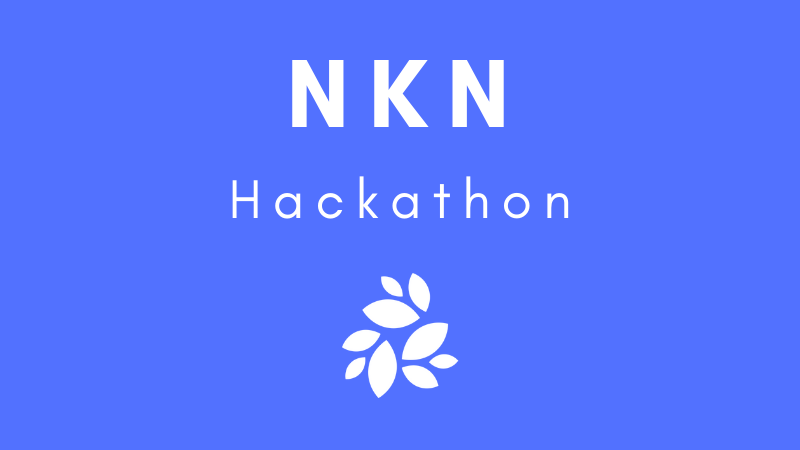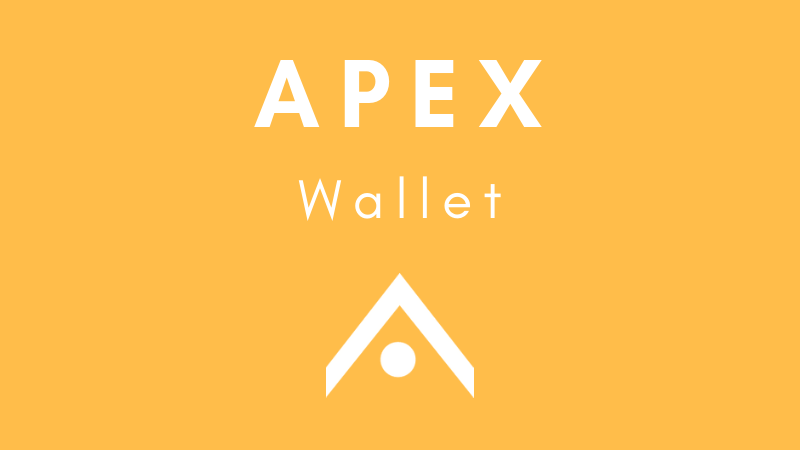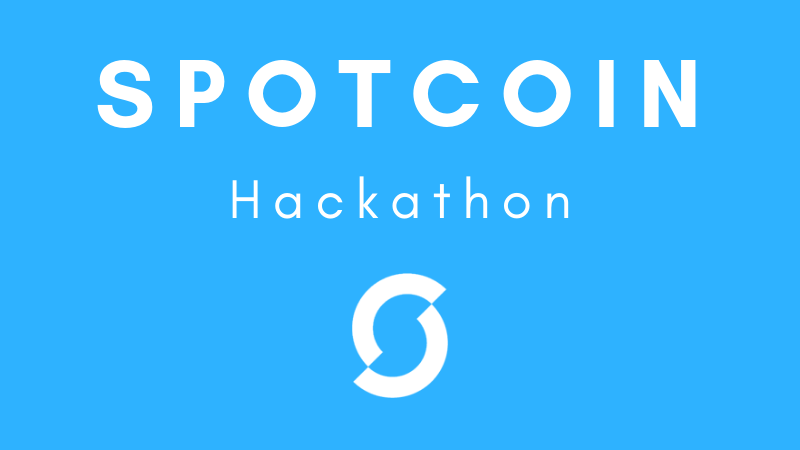
NKN has published the results from the Bitrun Hackathon that was held from the 31st of August to the 2nd of September in Hangzhou, China. The event was hosted by Bitrun, a Chinese blockchain community. It’s claimed that most of the contestants were students from neighbouring universities such as Fudan University, Tsinghua University and others. There were dApp competitions and prizes up for grabs for building on the NKN platform.
It’s claimed that the event was the first time that the team attended a hackathon in China, which worked to “attract Chinese hackers’ attention to NKN and SDKs” according to a statement released by the platform. NKN attended as both a development platform and sponsor of the event. Huaiyu Wang, NKN’s front-end engineer, also gave a keynote speech and demonstration on how to create distributed applications for its ecosystem.
In total, three different teams used NKN’s SDK to create dApps, with the NKN Segment Transmission Protocol highlighted as a standout submission. Created by a team named the “Royal Institute of Technology” from Fudan University and Shanghai University of Technology, the protocol aims to “maximize data transmission efficiency and reduce packet loss, which made an improvement in terms of data transmission speed, network security and privacy.” An illustration of the application’s process overview can be seen here.
Remarking on the success of its first ever hackathon, NKN stated:
“Within Chinese hacker community, this competition raises awareness of NKN Project, our latest thousand node testnet, as well as our improved client and wallet SDK. NKN looks forwards to supporting more developers to build innovative dApps based on NKN.”
More information on NKN can be found at the links below.







About The Author: Matthew North
Matthew North is a freelance writer and journalist who resides in East Asia. He spends his time writing and learning about financial technologies like the Blockchain and digital currencies. You can follow him on twitter @fintech_matthew.
More posts by Matthew North